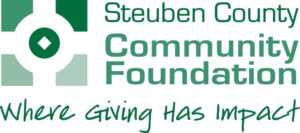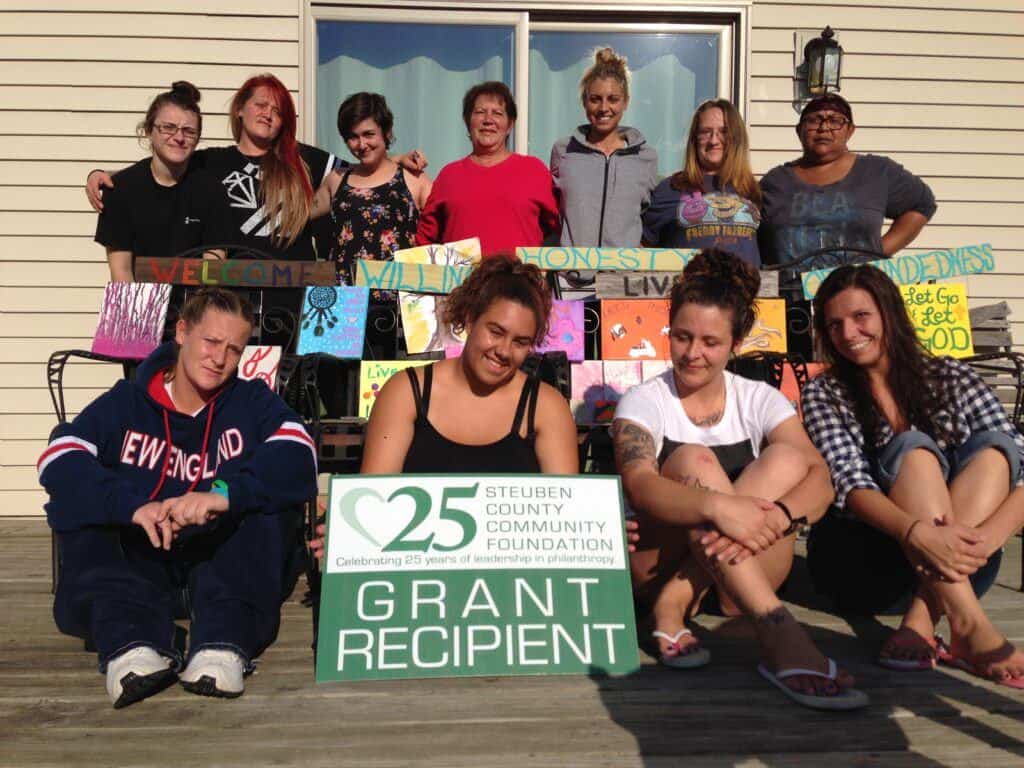Women in Transition is a local nonprofit in Angola that strives to provide a drug and alcohol free community to help women learn to live free of addiction. WIT offers Moral Reconation Therapy classes (MRT), anger management, AA and NA meetings, and recovery coaching. For Shelly Allen, Executive Director, the opportunity to speak on behalf of WIT and get to know the women is what makes her job meaningful. WIT focuses on maintaining a structured environment with an emphasis on integrity, respect, and accountability. The women have chores and cook for each other, remaining accountable to each other and to Shelly. “We say that when no one’s looking, it’s important they still make the right choice.”
In the past 7 years, over 350 women have come to participate in this program. The women at WIT call Steuben County their “home.” About 75% of graduates stay in Angola after they complete the program. They work in various industries as managers, line leaders, sales representatives, and some decide to go back to school. A resident who has done well in the program serves as house manager, tracking chores and understanding the chain of command so they can deal with issues that arise. The structured system and family unit, along with support from passionate board and volunteers, is what helps women take their next steps in life.
To avoid duplicating services, WIT leans on collaborations with other nonprofits and local churches. They have worked with Turning Point and Four County Transitional Living to share resources, such as donations of food from Hoosiers Feed the Hungry. Service clubs are another key supporter of WIT, along with the United Way, Drug Free Steuben County, and LaGrange County Drug Court. They have a licensed social worker who offers pro bono case management at times, providing a valuable resource for residents who are working towards family reunification.
One of the largest challenges for WIT is ensuring the financial resources are there to remain a dependable resource for women who need them. “We’re a safe haven for all women who are struggling, and we try to get them the services they need. They know there’s no judgment here,” said Shelly. Currently there is a statewide shortage of beds available for women with addiction. WIT relies on donors, grants, and fundraisers to fill the remaining pieces of their budget that fees don’t cover. Shelly shared, “It takes good business sense to run a nonprofit!”
Shelly is a certified recovery coach, and she is passionate about her work with WIT. She remains inspired by the stories of residents who graduated but remain involved in mentoring women who come through WIT. Many of their programs are open to all women who are interested, and the women at WIT volunteer for local events and help with church fundraisers when possible. “The neat part about this community is there are so many nonprofit resources to help and people communicating and working together,” said Shelly.



